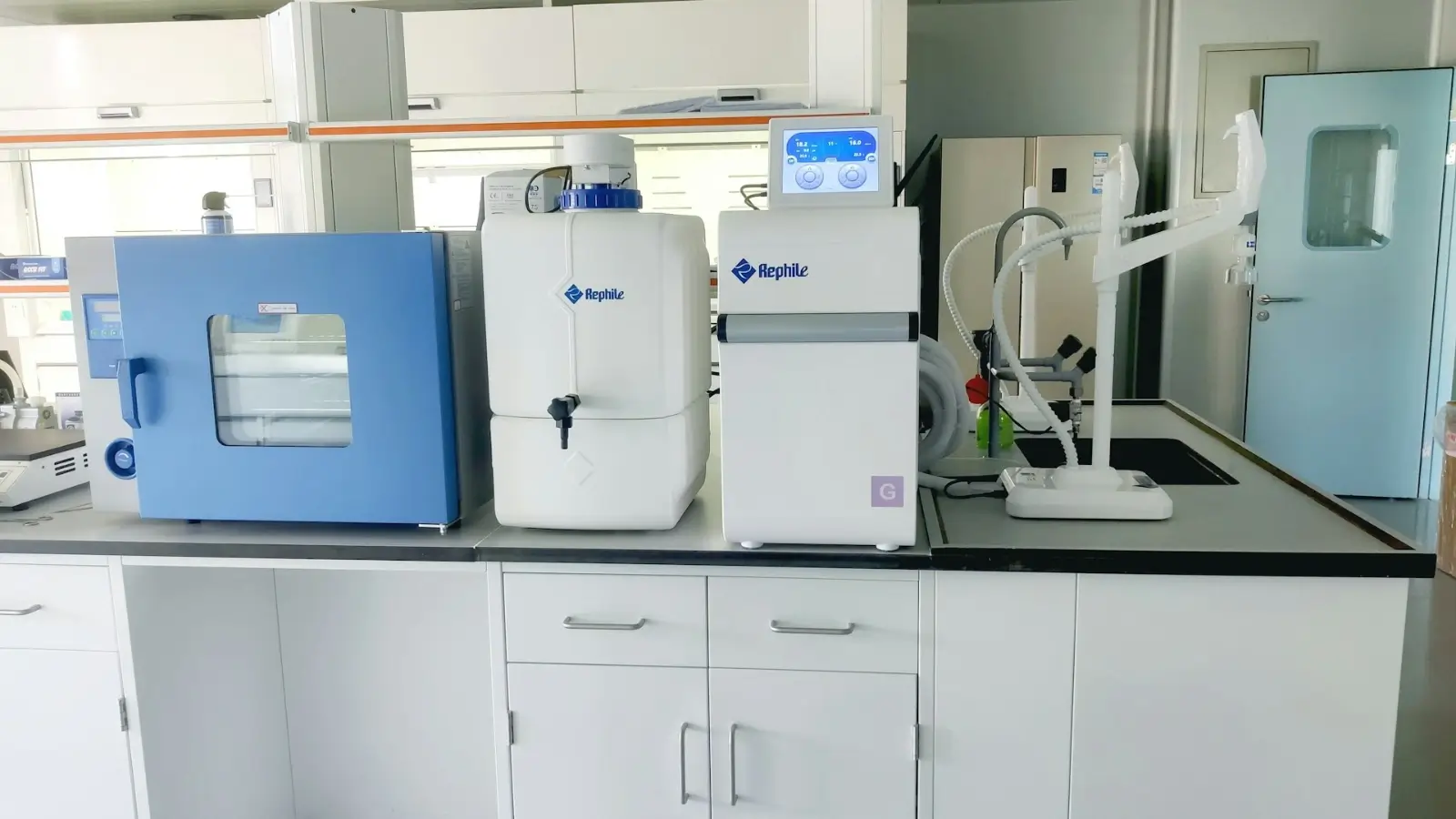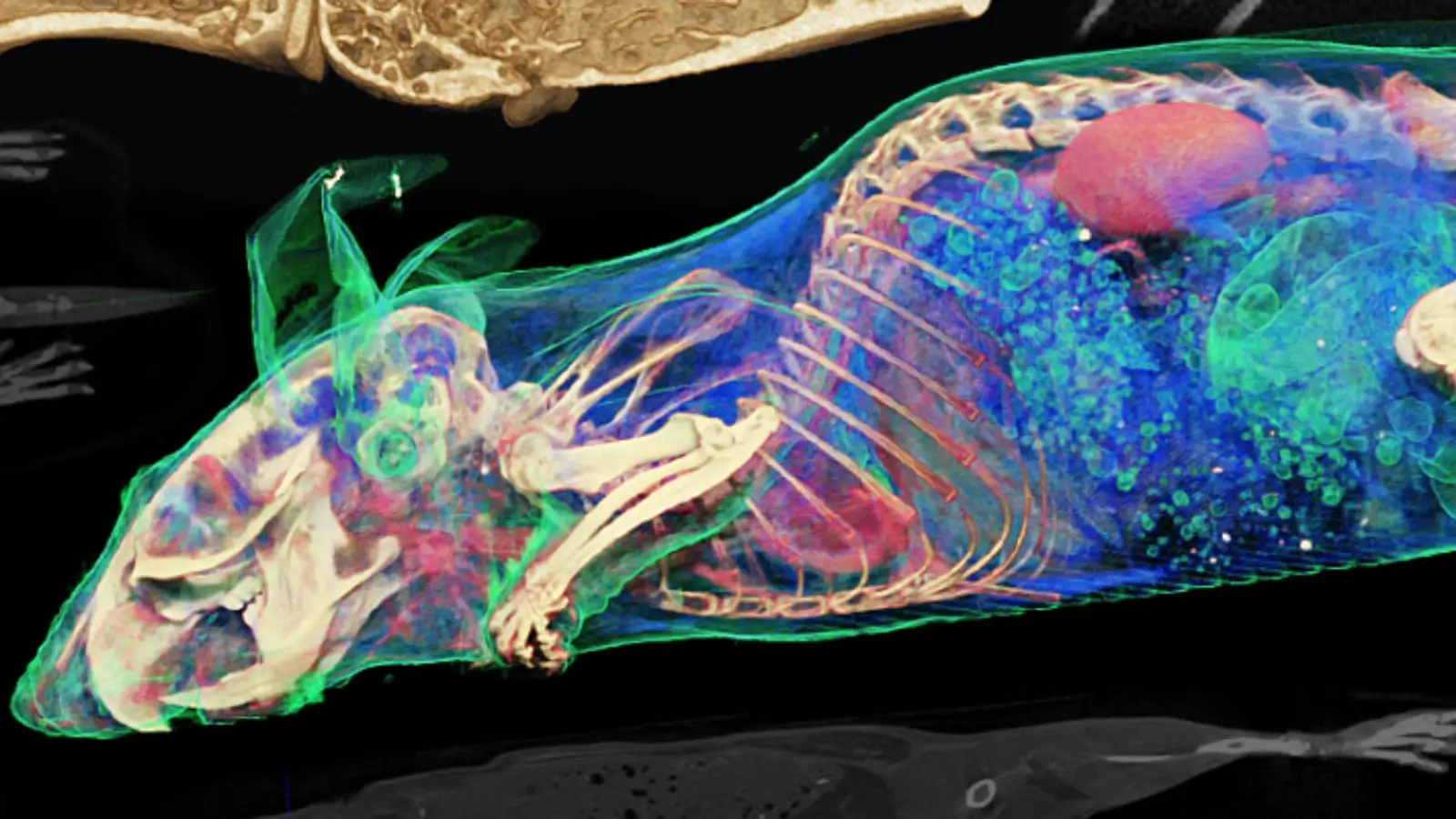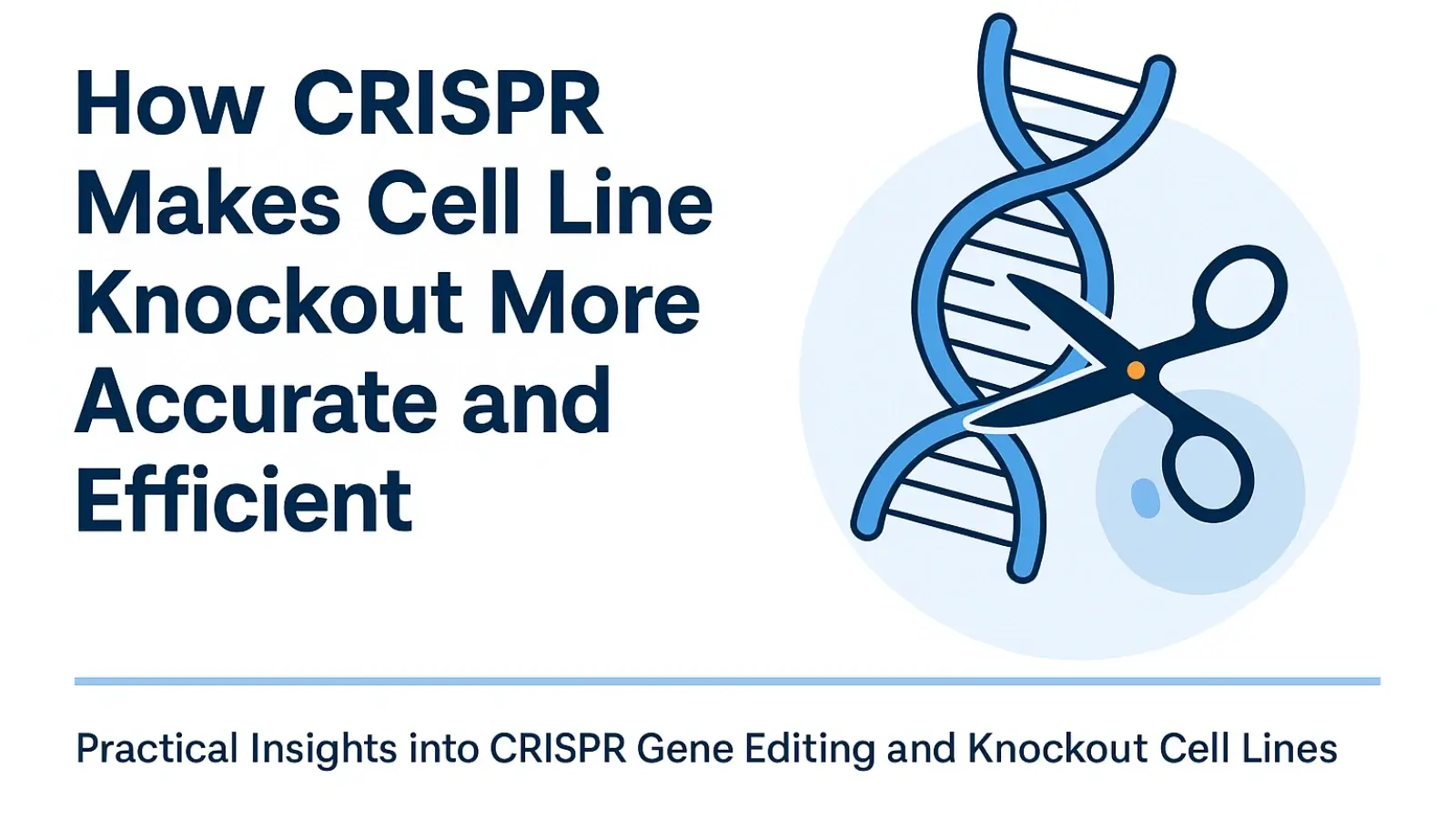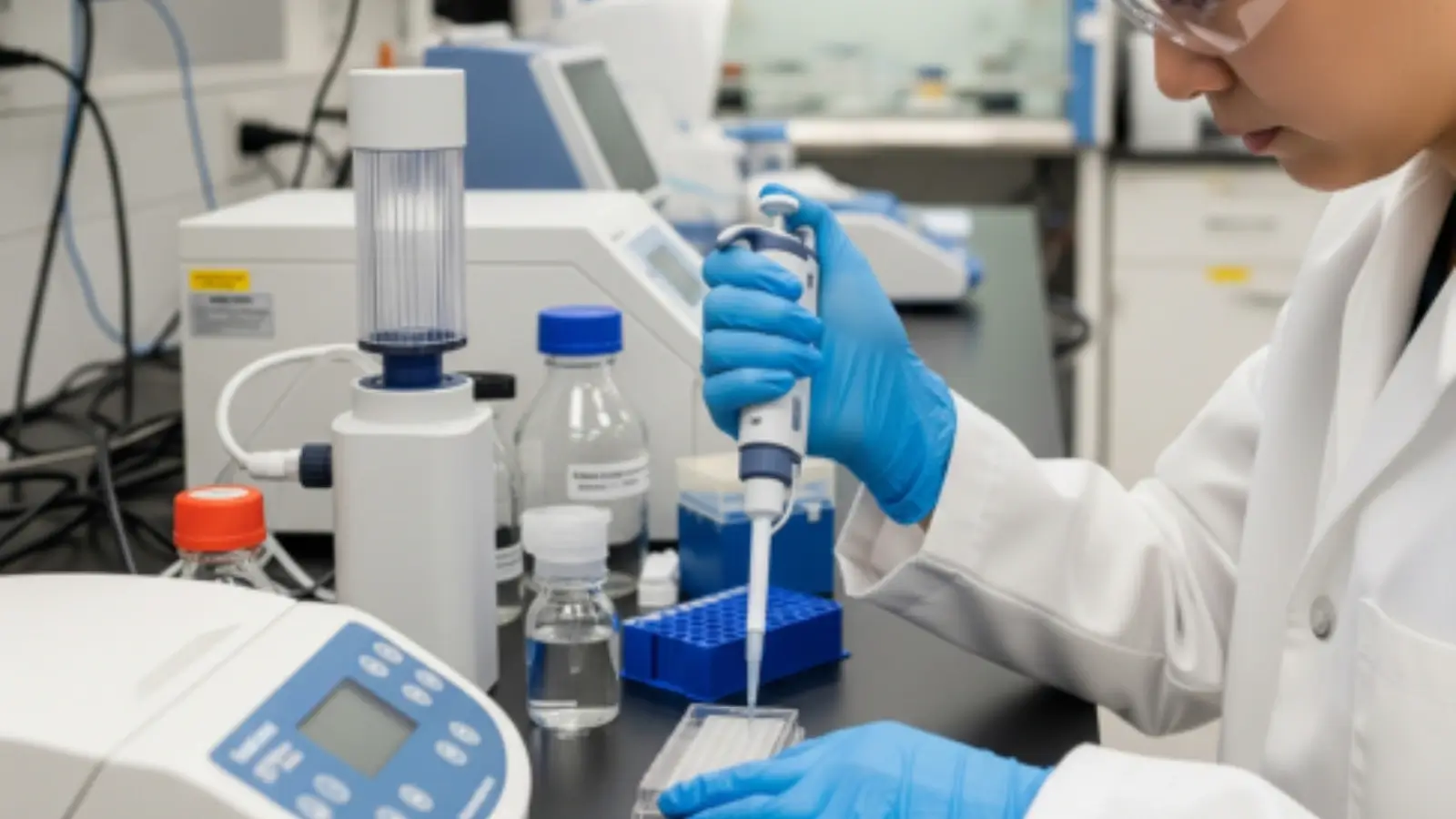How to Choose the Right Probiotic Manufacturer for Your Supplement Brand
— Partnering with a quality-focused probiotic manufacturer ensures your supplements deliver safe, effective results consumers can trust.

Selecting the right probiotic manufacturer is crucial for supplement brands aiming to thrive in the competitive health market. By partnering with a manufacturer that prioritizes quality and innovation, brands can ensure the delivery of safe and effective probiotic products to consumers.
The probiotic industry is built on the promise of health benefits, supported by stringent manufacturing standards. For brands entering this market, understanding how to choose the best probiotic manufacturer that maintains these standards is vital. Emphasizing quality not only protects consumers but also enhances your brand's reputation and reliability. The complexities of this industry demand careful selection of partners, whether it is a probiotic contract manufacturer offering end-to-end services or a probiotic powder manufacturer delivering specialized formulations, to ensure each product meets or exceeds expectations.
Evaluating Quality Control Measures
Quality control is the cornerstone of probiotic production, ensuring that products are both safe and effective. When choosing a manufacturer, it is essential to evaluate their quality control measures. These measures directly influence the efficacy of the final product. A reputable organic probiotic manufacturer will implement thorough testing protocols to guarantee that each batch meets specified criteria for potency and purity, evaluating the probiotic strains and scrutinizing the raw materials used in their production.
Adhering to strict quality control protocols helps mitigate potential risks associated with contamination or mislabeling. This attention to detail fosters consumer trust and loyalty, essential components for any successful brand. Furthermore, a robust quality control system allows a probiotic contract manufacturer to consistently produce high-quality products, setting a standard within the industry. This consistency is critical in maintaining a competitive edge in an ever-expanding market.
Key Components of a Quality Assurance System
A comprehensive quality assurance system includes several key elements that work together to ensure product integrity. One critical component is rigorous product testing throughout the manufacturing process. This testing verifies that each batch of probiotics contains the intended strains at the correct potency levels, providing consumers with reliable health benefits. A skilled probiotic powder manufacturer often employs advanced analytical techniques to achieve these precision levels.
Certifications from recognized bodies are another integral aspect of quality assurance. These certifications validate that the manufacturer's processes meet or exceed industry standards, offering reassurance to both brands and consumers alike. Partnering with a certified organic probiotic manufacturer can significantly bolster your brand's credibility in a crowded marketplace.
Adherence to international standards such as ISO and GMP further underscores a manufacturer's commitment to excellence. These guidelines dictate best practices for production, ensuring consistency and safety across all operations. By aligning with such standards, the best probiotic manufacturer demonstrates their dedication to producing top-tier probiotic products.
Benefits of Partnering with the Right Manufacturer
Choosing a reliable partner is crucial for maintaining high-quality standards across all stages of production. A probiotic contract manufacturer possesses extensive expertise in selecting appropriate strains and tailoring formulations to meet specific health benefits. Their experience allows them to anticipate challenges and implement solutions proactively, safeguarding product integrity.
Probiotic manufacturers also play a vital role in scaling production without compromising quality. A trusted probiotic powder manufacturer utilizes state-of-the-art facilities equipped with advanced technology to streamline operations efficiently. This capability ensures that even as demand increases, each product remains consistent in its efficacy and safety.
Collaboration with top-tier manufacturers offers brands access to specialized knowledge and resources that might otherwise be out of reach. For example, partnering with the best probiotic manufacturer enables startups to focus on innovation and marketing while entrusting production quality to seasoned professionals. Similarly, an organic probiotic manufacturer ensures formulations resonate with eco-conscious consumers, creating new growth opportunities.
Advantages of Prioritizing Quality Assurance
Partnering with a manufacturer who prioritizes quality assurance provides numerous benefits for your brand. Chief among these is the ability to offer consumers products they can trust, fostering loyalty and encouraging repeat purchases. A commitment to high-quality standards also differentiates your brand from competitors who may not adhere to such rigorous protocols.
Furthermore, aligning with a reputable probiotic contract manufacturer or organic probiotic manufacturer can enhance your brand's market positioning by associating it with excellence and reliability. This reputation serves as a powerful marketing tool, attracting discerning consumers who prioritize safety and efficacy in their health products.
A well-established quality assurance framework also mitigates risks associated with recalls or negative publicity resulting from subpar products reaching the market. By investing in superior practices upfront and working with the best probiotic manufacturer, brands can avoid costly issues down the line while enhancing their overall value proposition to consumers.




















